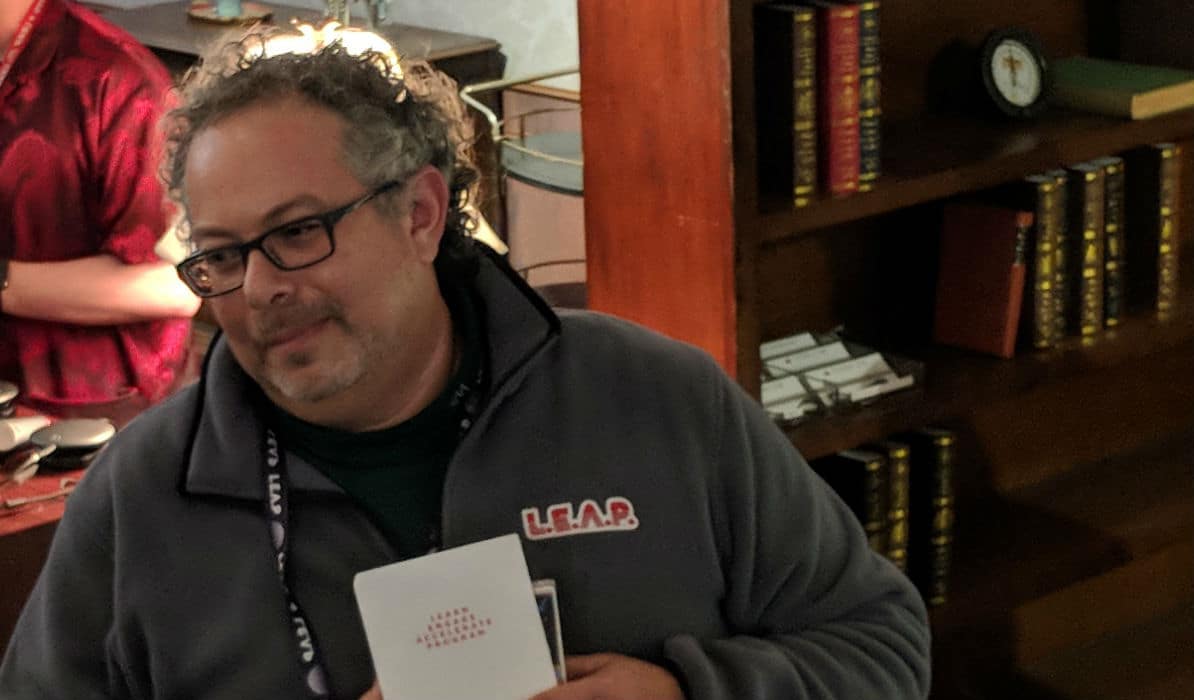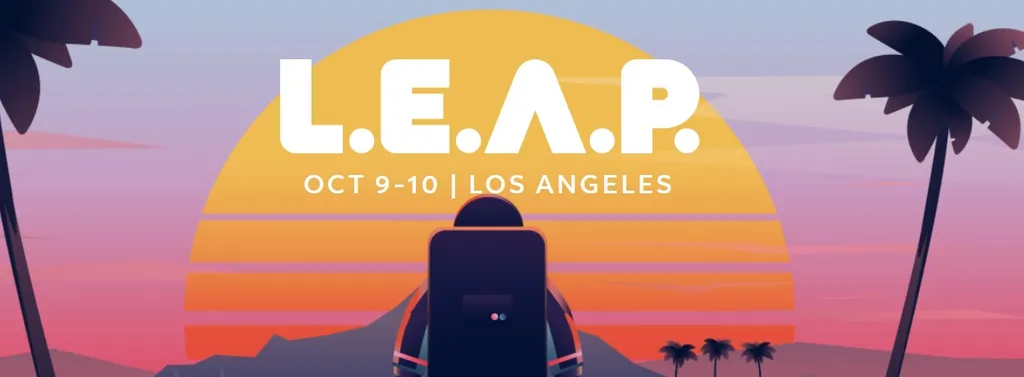Magic Leap CEO Rony Abovitz suggested an initial public offering might be planned for his company if it is able to continue building momentum with developers.
The suggestion came during our first interview with Abovitz on day one of Magic Leap’s developer conference in Los Angeles. The Magic Leap One Creator Edition headset started shipping a couple months ago and we expected it to win over some developers. Some developers, though, are undoubtedly waiting to see what emerges from this conference before spending $2,300 on one of the gadgets.
Abovitz said the company would discuss a new “Magicverse” technology stack during the Oct. 10 keynote which should extend the company’s tools so that phones, tablets and even VR headsets might be able to see into worlds created with Magic Leap technology.
“We don’t like the idea of a completely closed ecosystem. You should be able to build something and be able to inter-operate with a phone, tablet, a VR system, other future devices,” Abovitz said ahead of Wednesday’s keynote session.

Abovitz also responded to some pointed questions about Magic Leap’s longevity and long-term goals. I pointed out to him, for example, that four years ago when Facebook bought Oculus it was — given the size of the investment — a sudden realization for a lot of people that spatial computing would really be the next wave of technology. Some developers, however, are still reluctant to put their software on Oculus storefronts because Facebook is the owner.
What does Magic Leap stand for in contrast to that story?
“Our company — if we get the support of developers — we can be a public company. We can be self-sufficient. We don’t have to be acquired by anybody,” Abovitz said.” We don’t have to compromise on our mission and values and north stars. That I think would be the best thing for the creative community. If we could stay our course, go public at some point, and then you have your own self-sustaining capability. That’s very different if somebody else takes you over and they kind of impose their philosophy, their structure, their business model. We don’t have a business model that needs to take data from people. Our business model can be built in a much different way, in a much more open distributed way. To me that’s super important.”


























